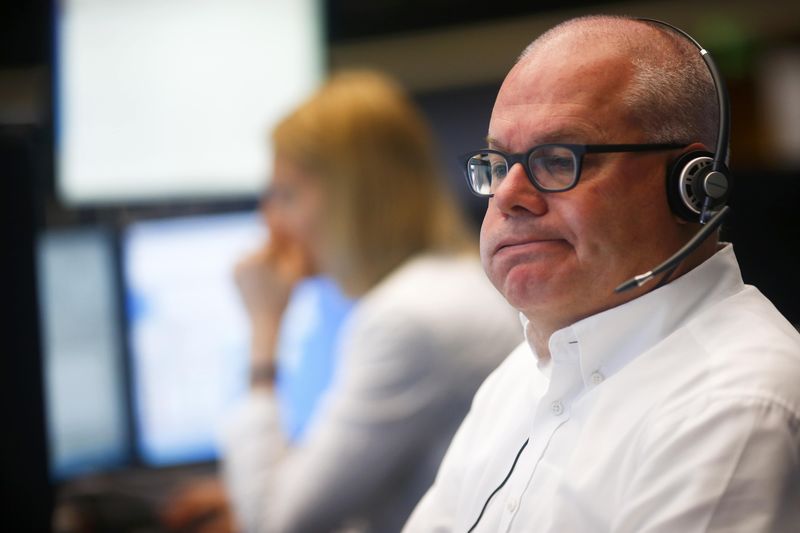A civil fraud case has placed Oslo-based Nel ASA at the centre of California's failed hydrogen vehicle infrastructure, leaving thousands of drivers without access to fuelling stations.
Novel technology
The case has thrown into relief the challenges of rolling out novel technologies without sufficient testing and infrastructure.
And the stakes are high – as the legal battle unfolds, the future of hydrogen vehicles in California remains uncertain.
The case, brought by Iwatani Corporation of America, alleges that Nel knowingly sold defective hydrogen fuelling stations while falsely assuring their operational readiness.
California had heavily invested in hydrogen infrastructure, attracting major players like Toyota (NYSE:TM), Shell (LON:RDSa) and Chevron (NYSE:CVX) to support the rollout of hydrogen-powered vehicles.
However, Nel’s H2Stations, pivotal to the project, have been plagued by operational issues, with none of the company’s installations in the state currently functional.
The lawsuit accuses Nel of fraud and active concealment, alleging the company sold untested hydrogen fuelling stations under false pretences.
A California judge ruled last month that the allegations merit trial, which is set for October 2026.
Inadequate testing for the real world
Key claims include that Nel did not disclose it had never built a fully operational H2Station nor adequately tested the technology in real-world conditions.
After the lawsuit’s filing in January, Nel abandoned seven Iwatani-owned stations and spun off its hydrogen fuelling division into a new entity, Cavendish Hydrogen, which Iwatani claims is an attempt to shield assets from potential liability.
The collapse of Nel’s hydrogen fuelling stations has severely impacted California’s hydrogen vehicle market.
Toyota, which promoted its hydrogen-powered Mirai, faces a class-action lawsuit from owners alleging that fuelling challenges render the cars "unsafe and unreliable".
Impact on state’s hydrogen ambitions
Meanwhile, Shell shut down all seven of its hydrogen stations in February and cancelled plans to build 48 more.
While hydrogen infrastructure for light-duty vehicles has faltered, California is now focusing on hydrogen solutions for heavy-duty transport like trucks and buses.
Industry experts believe this pivot may help stabilise the hydrogen market by increasing production and reducing costs.
